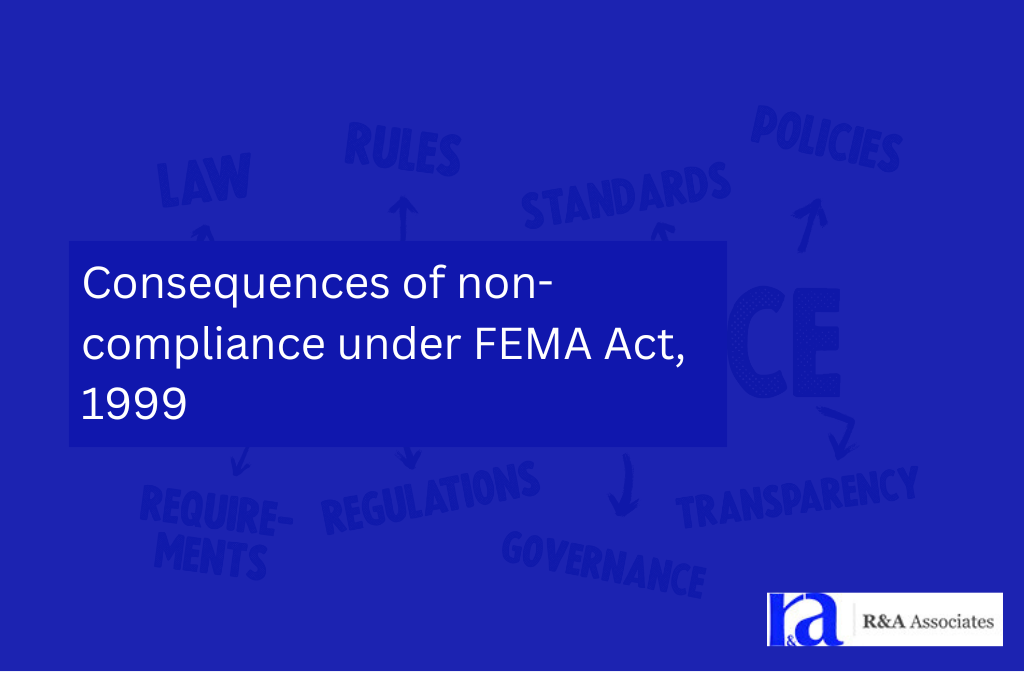Limited Liability Partnership
What is an LLP (?) A Limited Liability Partnership (LLP) is an alternative corporate structure that offers the benefits of limited liability to the partners. Limited Liability Partnerships (LLP) are emerging ever since the introduction of the Companies Act, 2013 as the compliances and disclosures for a Company have increased. The compliances and disclosures in …







